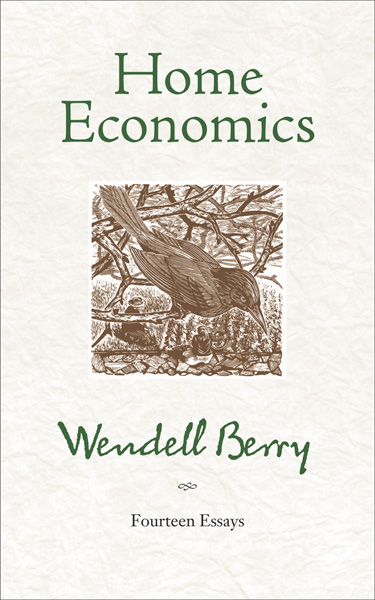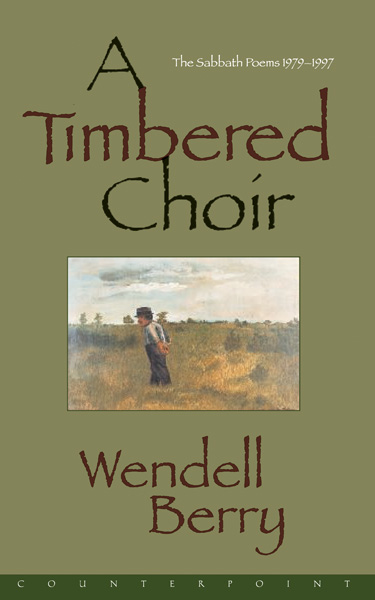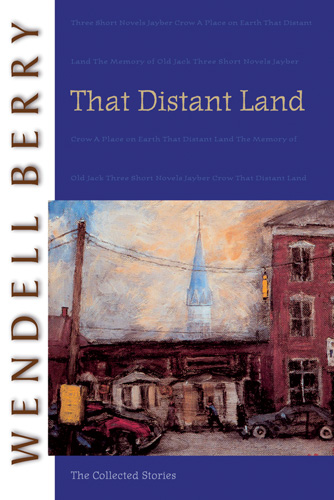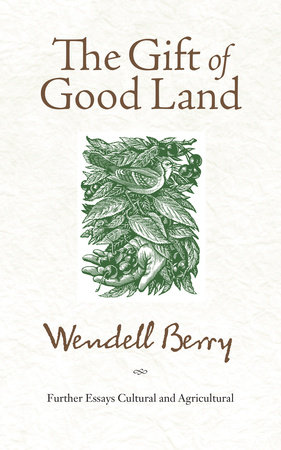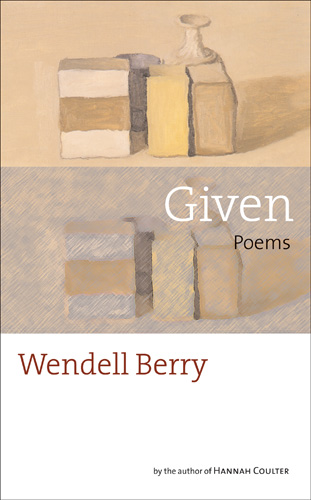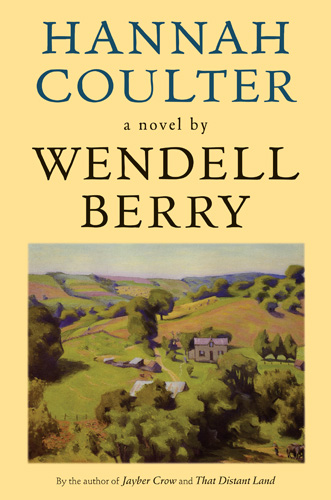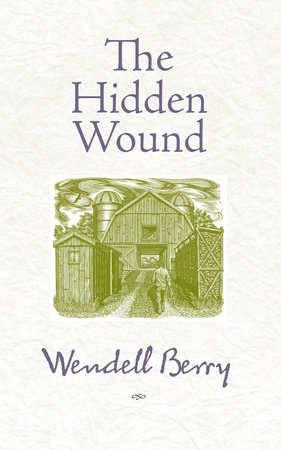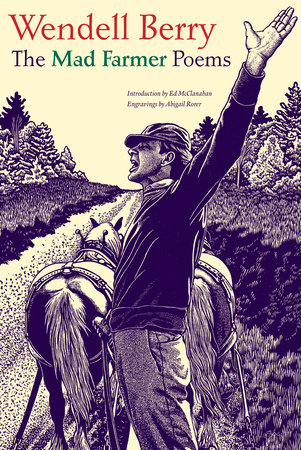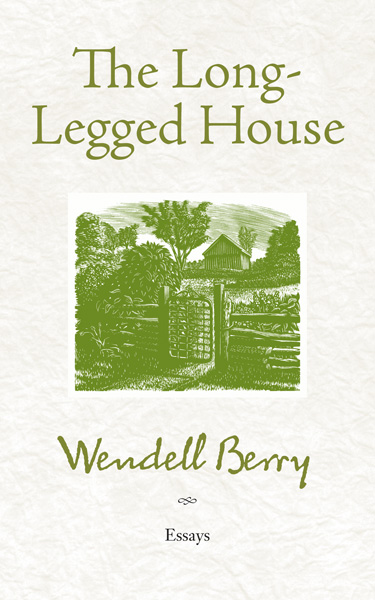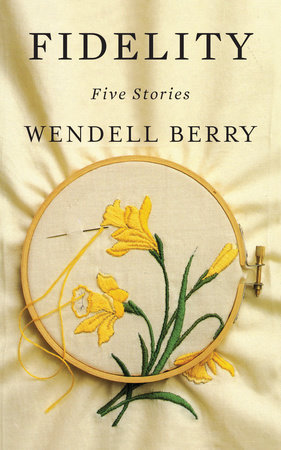
Book Description
Reissued as part of Counterpoint’s celebration of beloved American author Wendell Berry, the five stories in Fidelity return readers to Berry’s fictional town of Port William, Kentucky, and the familiar characters who form a tight–knit community within.
“Berry richly evokes Port William’s farmlands and hamlets, and his characters are fiercely individual, yet mutually protective in everything they do. . . . His sentences are exquisitely constructed, suggesting the cyclic rhythms of his agrarian world.” —The New York Times Book Review
“Each of these elegant stories spans the twentieth century and reveals the profound interconnectedness of the farmers and their families to one another, to their past and to the landscape they inhabit.” —The San Francisco Chronicle
“Visionary . . . rooted in a deep concern for nature and the land, . . . [these stories are] tough, relentless and clear. In a roundabout way they are confrontational because they ask basic questions about men and women, violence, work and loyalty.” —Hans Ostrom, The Morning News Tribune
Praise For This Book
Praise for Fidelity“Berry richly evokes Port William's farmlands and hamlets, and his characters are fiercely individual, yet mutually protective in everything they do. . . . His sentences are exquisitely constructed, suggesting the cyclic rhythms of his agrarian world.” —New York Times Book Review
“Each of these elegant stories spans the twentieth century and reveals the profound interconnectedness of the farmers and their families to one another, to their past and to the landscape they inhabit.” —The San Francisco Chronicle
“Visionary . . . rooted in a deep concern for nature and the land, . . . [these stories are] tough, relentless and clear. In a roundabout way they are confrontational because they ask basic questions about men and women, violence, work and loyalty.” —Hans Ostrom, The Morning News Tribune
“The rarest (and highest) of literary classes consists of that small group of authors who are absolutely inimitable....One of the half–dozen living American authors who belong in this class is Wendell Berry....[this] whole book is vintage Berry.” —Los Angeles Times
“Birth, life, death and the primary institutions of family and community are the axes on which the stories turn. Their plots are as slender as fence posts: a soldier walks home at war's end; a young woman with a mild fever ponders her first years of marriage; a taciturn farmer takes his moribund father out of a hospital's intensive care unit so the old man can die with dignity. But Berry invests them with intense feeling, using the plain language of a largely oral culture, building metaphors and similes that have the clear ring of folk wisdom. His ground's–eye view of events can be chilling, as when he sums up World War II as a great tearing apart. If the stories seem somber in their emphasis on loss, the pains are clearly leavened by the comforts of community and connectedness that a small town can provide. An excellent introduction to one of America's finest prose writers.” —Publishers Weekly
“In these five interrelated stories, Berry focuses once again on the fictional town of Port William and on characters like Andrew Catlett, the central figure of his novel The Remembering. Each story dramatizes an individual crisis but also emphasizes an abiding sense of community and the simple but solid agrarian values that sustain it. Berry's tales . . . are engaging and display a quiet but powerful dignity.” —Library Journal
“Berry has employed all the forms he works in—poetry, the essay, fiction short and long—toward an examination of what it means to be placed: what here and elsewhere he calls 'membership'; American individualism–turned–loneliness seems like the nightmare that puts his eloquence to greatest use . . . Ultimately, the prose of the stories less illustrates the Port William values—forgiveness, dignity, fidelity, community—than provides an indelible, surefooted rhythm for them. Cadenced, eternal–seeming sentences plank everything; there is an enchantment to them . . . Uncommonly satisfying art and vision.” —Kirkus Reviews








